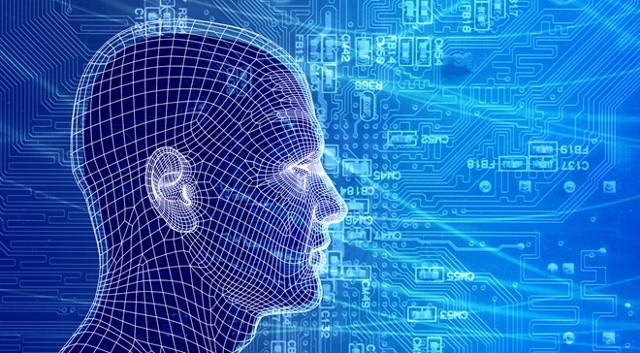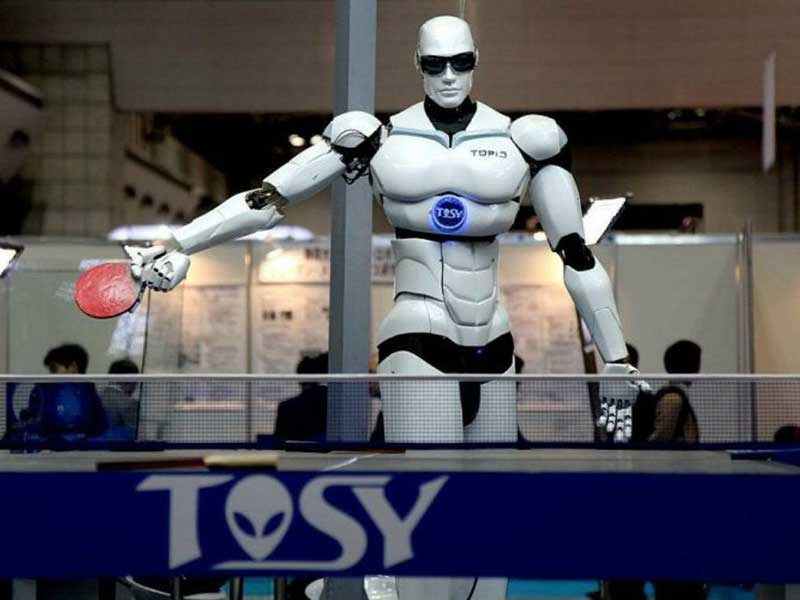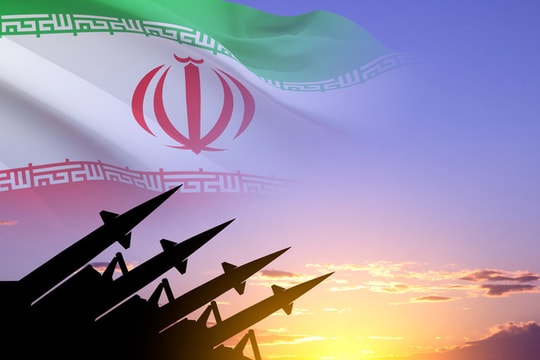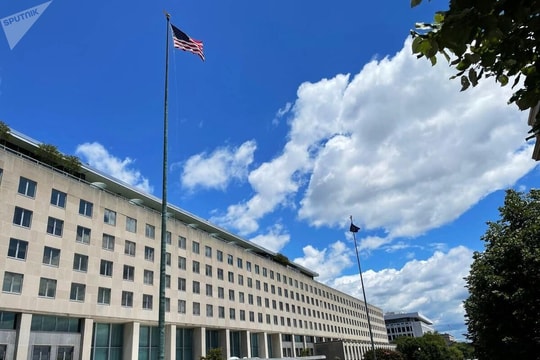The risk of World War 3 caused by artificial intelligence
Elon Musk, founder of the space exploration technology corporation SpaceX as well as Tesla and considered the real-life “Iron Man”, earlier this week highlighted the prospect of a third world war caused by the global artificial intelligence (AI) race.
Many AI researchers see it as a tool to help humans develop beyond the limits that the brain cannot imagine. Meanwhile, some predict that AI is a warning about the end of humanity. Russian President Vladimir Putin's recent seemingly "winged" words about AI show how important this field is.
Whoever controls AI, rules the world
 |
On September 1, in a speech to students in Yaroslavl City, about 250 km northeast of Moscow, on the occasion of the start of the new school year in Russia, Russian President Vladimir Putin emphasized the importance of developing artificial intelligence technology.
In a seemingly ominous warning, the Russian leader declared that “whoever becomes the leader in this field will become the ruler of the world.”
“Artificial intelligence is the future not only for Russia but for all humanity. It offers people huge opportunities, but the threats are hard to predict. Whoever becomes the leader in this field will become the leader of the world,” the Russian leader said in a speech broadcast online to 16,000 schools in Russia.
However, the Russian President stressed that he does not want anyone to monopolize this technology in the future. “If we become the leading country in this field, we will share our knowledge about it with the whole world, in the same way we share nuclear technology today” -RTquoted Mr. Putin said on September 1.
Furthermore, the Russian leader envisioned a future where wars break out and the winning side will be the one with the most powerful unmanned aerial vehicles (UAVs). “When one side’s UAVs are destroyed by the enemy’s UAVs, they will have no choice but to surrender,” he said.
Technological superiority will likely be seen as a measure of global political power in the future, according to the site.Futurism. This can be seen clearly through a similar potential field after World War II, when countries were racing towards nuclear weapons.
The two most powerful nations in the world at that time, the United States and the Soviet Union, made every effort to make progress in the field of nuclear technology to “hold the handle”. However, since each side matched each other in terms of capabilities and reached the threshold of “mutually assured destruction” (MAD), very few disputes or conflicts lasted for decades.
In a sense, this ability has given each side the political power to compel the other side to not do as it pleases.
 |
| A robot named TOPIO plays table tennis at the International Robot Exhibition (IREX) in Tokyo in 2009. Photo: HUMANROBO |
World War 3 Vision
If the leader of a large Russian nation sketches the main portrait of a person who “holds the handle” of power in the future, Elon Musk, founder of the space exploration technology corporation SpaceX as well as Tesla and considered the “Iron Man” of real life, earlier this week highlighted the prospect of a third world war caused by the global AI race.
“China, Russia – and soon – all countries will have powerful computer industries. At that time, competition in AI at the national level will be the most likely cause of World War III,” he commented on Twitter on September 4.
According toCNBC, The United States is generally considered the leading country in AI research today. This can be seen clearly when technology giants such as Google and Microsoft have poured a large amount of money into research and development projects in this field.
Last week, in a report titled “The Rise of China in AI,” Goldman Sachs said China may already have the AI capabilities to catch up with the US. “We believe AI technology will become a priority on the Chinese government’s agenda and we expect China to see more central and local government policy and budget support for AI,” the report said.
China has just established a strategy to lead AI According toWired, China's State Council released a detailed strategy in July to make the country a “global innovation center and leader in AI” by 2030. The strategy includes investment and development commitments that are expected to “enhance national defense strength and ensure and protect national security through AI.” Meanwhile, despite being considered the most vibrant and advanced place for AI development in the world, the US does not have a detailed “road map” like China. However, over the past few years, the US Department of Defense has developed a plan called the “Third Offset Strategy”. Accordingly, through weapons using smart software, the US will have a strategic advantage over potential opponents, countries that Washington previously only restrained with nuclear bombs and precision-guided weapons. |
In August, leaders in the fields of AI and robotics, including Elon Musk and Mustafa Suleyman of Google DeepMind, signed a letter calling on the United Nations to ban lethal autonomous weapons, also known as killer robots.
Elon Musk even worries that AI technology could pose a threat to the entire world. He said there is a possibility that wars will be started automatically. “Wars could be started not by the leaders of countries but by one of the AIs if it decides that a preemptive strike is the most likely path to victory,” the expert predicted.
However, as was the case with the nuclear race between the US and the Soviet Union after World War II, no matter how it is developed and used by humans, artificial intelligence will change from what human intelligence originally dictated.
Even if one day AI is seen as a failure by its developers because it is malicious, it is also possible that it will be seen as “beneficial” to humanity, according toFuturism. If a person tries to use AI to harm the community, there is still a chance that the robots will reject and resist. And this case is an example of an “unintended side effect” that is actually “desired”.
According to PLO
| RELATED NEWS |
|---|





.jpg)



